How to Know When the Time’s Right to Scale Your Business
Many of the clients we work with at Prolog Fulfilment tell us the same thing: that in-house fulfilment worked well for them – until it didn’t any more. Being alert to that moment was, for them, critical to making a change in order to grow their business successfully. In this article we focus on recognising the symptoms that change is required by looking at 10 ways you know it’s time to outsource fulfilment.
When you first start out, self-fulfilment is, beyond doubt, the best and most affordable way to start selling. As the volume of sales start to grow, and the number of sales channels you’re using proliferates, the self-fulfilment of orders is no longer the cost-effective option it once was. In order to maintain standards, delight customers, and continue to grow, brands need an alternative order fulfilment option.
What is Outsourced Order Fulfilment?
e-Commerce businesses outsource fulfilment by handing it over to an experienced fulfilment partner to carry out the process on their behalf. Order fulfilment covers every step of the journey a product takes from arriving at the warehouse, to order processing, picking and packing, through to speedy shipping and management of returns.
The switch from in-house to outsourced fulfilment can be tough, even when the advantages offered by the switch are clear. Usually, this is about the perceived risk of handing over management of your brand fulfilment to a third party.

There are therefore, two clear issues to eCommerce brands grapple with:
- How do you know when the time is right to outsource order fulfilment?
- How do you choose the right fulfilment partner?
10 Ways You Know It’s Time To Outsource Fulfilment
If you find yourself ticking the boxes of more than one of the following, then you’re experiencing the symptoms of a business that’s ready to shift from in-house fulfilment to outsourced order fulfilment.
Table of Contents
1. You’re Struggling With Order Volume
2. Customers Are Abandoning Their Shopping Baskets
3. Feedback is Patchy
4. Delivery Standards Are Unreliable
5. Business Costs Are Getting Higher
6. Low Conversion Rate
7. Lack of Fulfilment Expertise
8. You’re Ready to Expand the Business
9. Poor Reverse Logistics Are Losing You Money
10. The Fulfilment Process Needs to be Simplified and Streamlined
1. You’re Struggling With Order Volume
There’s nothing better than the buzz of new business, but a heady dose of adrenalin can give way to backlogs, delays in shipping and inaccurate order processing. You may need to take on more staff to deal with the rush, organise more storage, invest in inventory management software; suddenly your costs are spiralling and still you seem to struggle.
2. Customers Are Abandoning Their Shopping Baskets
Research carried out by Baynard Institute shows that 7 out of 10 shopping baskets are abandoned at the checkout. The most common reasons for this are:
- Shipping costs too high
- Shoppers required to create an account
- Delivery too slow
The solution for small businesses is to streamline their process by taking the decision to outsource fulfilment. This will, in turn, create savings that pave the way for a free shipping option.

3. Feedback is Patchy
Overstretched businesses still deliver excellent customer service; it’s just that they’re unable to deliver it consistently. Unfortunately, even a minority of poor seller ratings, or shopper feedback, can put off new customers who need to know they can rely on speedy shipping and high quality fulfilment. Outsourced fulfilment guarantees consistency of standards.
4. Delivery Standards Are Unreliable
Once a business starts to register an increase in missed delivery windows, inaccurate orders, or damaged goods, it’s time to take hard decisions about changing their fulfilment model. Customers won’t return after a bad experience, which limits the lifetime customer value you can expect, and makes it difficult to build a customer base that’s loyal to the brand.
5. Business Costs Are Getting Higher
More customers should mean more profit, but for small businesses the profits tend to get eaten up in storage costs, wage bills, shipping fees and packaging. Outsourcing offers brands an infrastructure that can provide all these things, and at cheaper rates. A fulfilment partner will present new opportunities for saving on staffing, packaging, shipping, and storage.

6. Low Conversion Rate
Customers tend to have high expectations when it come to fast delivery and free shipping. It can be difficult to achieve a good conversion rate without being able to offer these things. A fulfilment centre will be able to offer next day delivery and free shipping on your behalf because they have the infrastructure to create efficiency savings for your brand.
7. Lack of Fulfilment Expertise
Most business owners don’t start out with the aim of becoming a fulfilment specialist. Their business will start demanding these skills of them, though, once it reaches a certain size. The simple solution is to recognise that you’ve reached the limits of your expertise and outsource fulfilment to specialists. Then you can concentrate on what you do best.

8. You’re Ready to Expand the Business
If you’re ready to expand, order fulfilment will need to be part of the plan. Otherwise you could find your time and resources drained by ever increasing marketing activities, order volume and additional sales channels to manage. Working with a fulfilment partner takes a chunk of work away from you and guarantees stress-free fulfilment for your expansion.
9. Poor Reverse Logistics Are Losing You Money
When a business is in a growth phase, returns management tends to take a battering. Greater volume tends to increase returns and this can cause delays and lack of co-ordination. Reverse logistics ensures that returns are monetised, so they’re not a drag on profits. They are integrated into outsourced fulfilment, providing new savings and opportunities.
10. The Fulfilment Process Needs to be Simplified and Streamlined
If you start out with a couple of people fulfilling orders in a back room, you’re unlikely to end up with a fast, streamlined process when the business grows; the infrastructure simply isn’t available. Most of our clients have evolved a complex – and costly – network of services to plug the gaps. Prolog’s first job is to streamline fulfilment, find cost savings, increase efficiency and achieve consistency of standards.
Are You Ready to Outsource Fulfilment?
If you found yourself nodding in agreement with a few of the above, it could be time to outsource fulfilment. In which case, we’d love to talk to you. Prolog is a long-established order fulfilment provider that can offer the infrastructure, expertise, and range of value-add services eCommerce businesses need in order to scale. Prolog is located in the heart of the UK, with flexible warehousing and a trained, highly motivated workforce.
We offer far more than basic fulfilment; at every stage of the process, we provide a personalised service, tailored to your brand. We’re designed to deliver growth to your business and exceed your customers’ expectations. Our fulfilment team know how difficult it can be to hand over to a 3rd party, so why not come and visit us? Find out what we do, how we do it, and whether we’re the right fit for your business.







